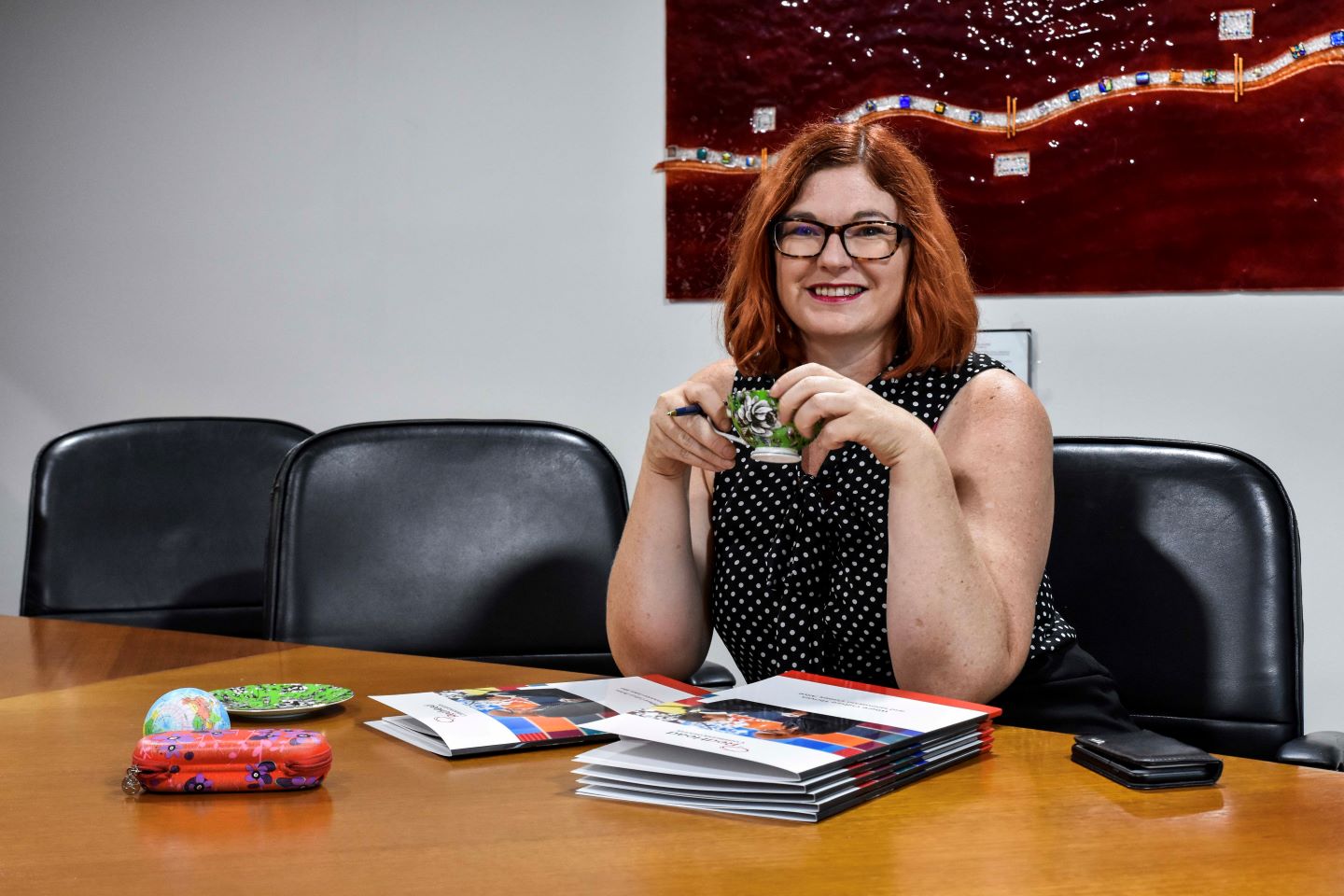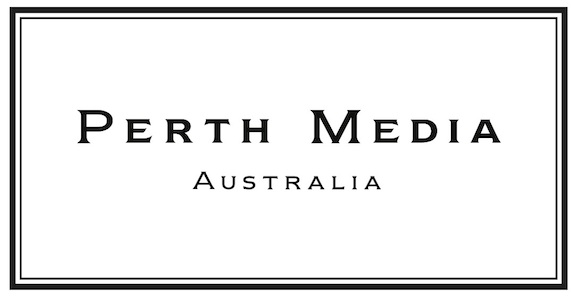

Awkward working relationships that can destroy careers or damage productivity are the subject of a new magazine, Cultural Times, published by Perth businesswoman Tanya Finnie.
She identifies the causes of interpersonal blunders in places of work and measures their unwanted consequences for individuals and company bottom lines.
“The old golden rule is to do unto others how we would like to be done to ourselves – but that’s absolute rubbish,” Ms Finnie says. “The platinum rule should be to do unto others as they would like to be done to themselves.”
Put simply, it is illogical for a tea-drinker to assume that another person will also like tea. Logically, a tea-drinker should first discover the other person’s preference.
Yet that misjudgement, no matter how well-intentioned, can be the first in a series of errors that accentuate divisions between people who are meant to collaborate.
Brilliant careers in leadership can stall if aspirants ignore the demands of an increasingly diverse population pulled together by immigration.
Ms Finnie’s company, RedHead Communications, specialises in cultural intelligence (CQ), a new field of study dealing with our capability to deal effectively across different cultures. A culturally intelligent person is aware of others’ backgrounds but, more importantly, adjusts their behaviour in multicultural situations.
“Australia has the world’s highest proportion of migrant settlers in a developed nation,” Ms Finnie says. “A quarter of Australians (27 per cent) was born overseas, and almost half of Australian households (46 per cent) had at least one parent born overseas.”
In February, Australia’s top trading partners were China, Japan and South Korea. “It will therefore be great for our economy if we learn to adapt our cultural behaviour,” Ms Finnie says. Better collaboration and a happy workforce are associated with increased productivity.
Minority status is not confined to ethnicity. Generational, organisational and LGBTQI factors are relevant, too. Sometimes different professions in the same firm can clash because of opposing cultures.
Ms Finnie’s new magazine, Cultural Times, addresses all these issues. It is published online, and a hard copy version is planned for a gala launch next month – May.
The first issue tells how a woman became Australia’s youngest engineering executive. There’s a moving story about how one man overcame adversity, and advice on building cultural intelligence.
Ms Finnie is a keynote speaker and is starting a doctorate at the University of WA that aims to gauge the impact on the workforce if the cultural intelligence of engineers is increased.
She worked in several countries – including South Africa, Mauritius, Germany, Morocco, Zimbabwe, Kenya and Swaziland – before settling in Australia 15 years ago. She advocates blind CVs, where a person’s name is erased from a job application so that selection is based mainly on merit.
“It’s too easy to chuck out names you can’t pronounce,” Ms Finnie says.
See: Cultural Times Visit: RedHead Communications
This article is one of many which have featured in 'Adapters', a series exclusively for Perth Media clients, profiling news of innovative small businesses, start-ups and not for profits in WA Business News.


 Perth Media
Perth Media




